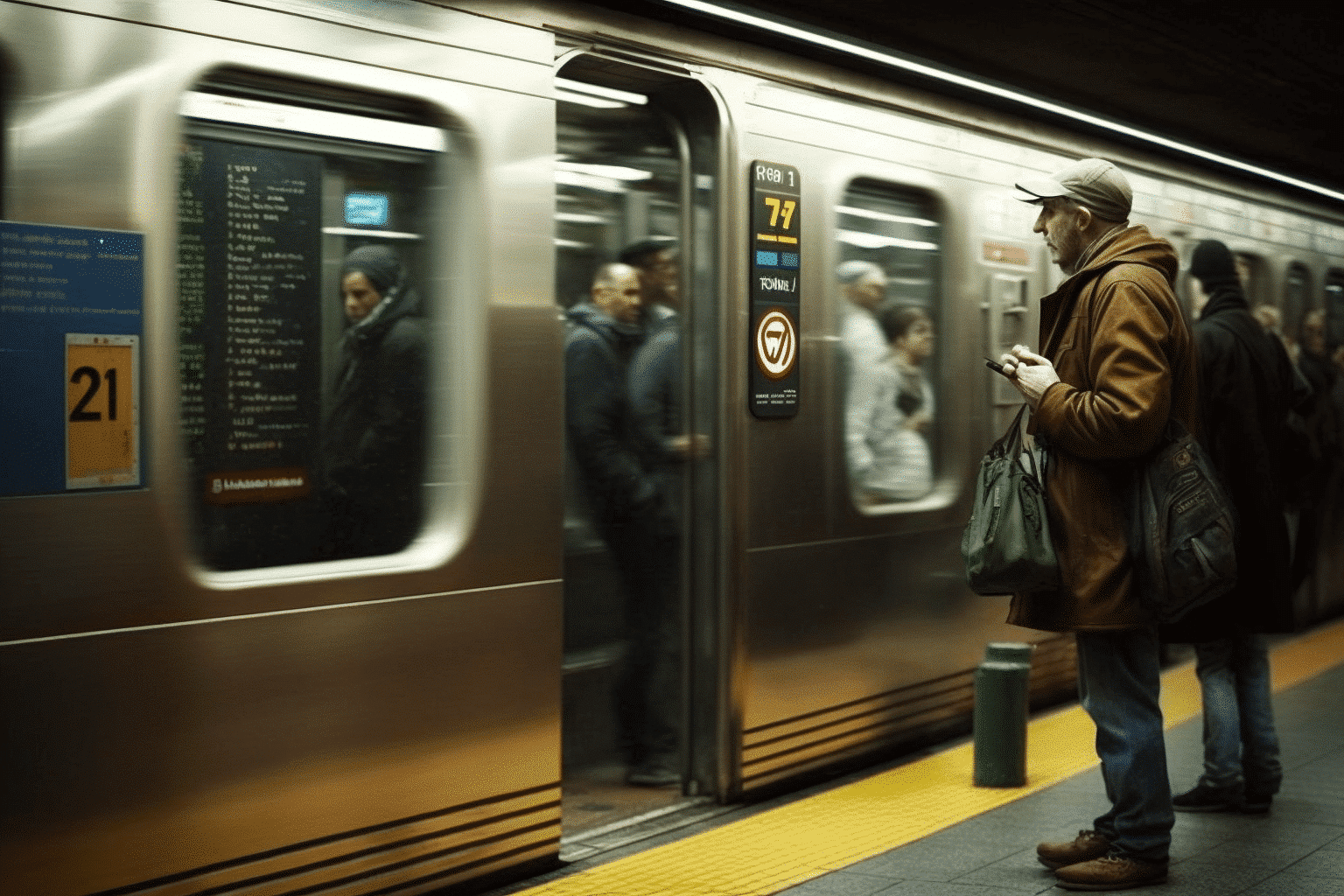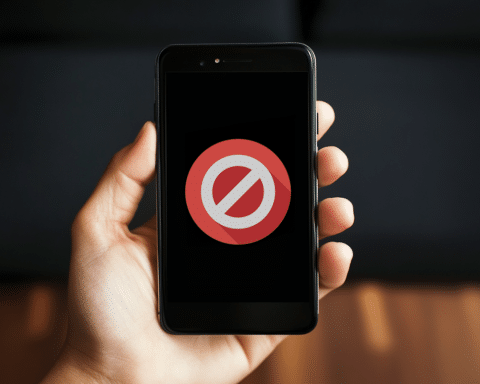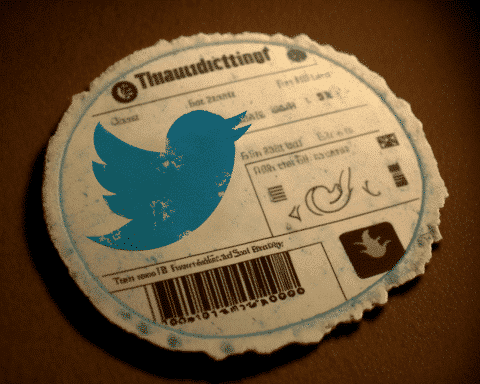The Metropolitan Transportation Authority (MTA) of New York, which has shared real-time updates on service outages, delays, and other crucial transit information to its 1.3 million Twitter followers for the past 14 years, will cease this practice.
On Thursday, the MTA stated, “Twitter is no longer a dependable source for delivering the consistent updates riders expect.” As a result, the agency announced on Twitter that it would no longer use the platform for service notifications and information.
The MTA also provided alternative ways for subway, train, and bus passengers to access reliable transit information, such as visiting its mta.info website, signing up for text alerts, or subscribing to its Weekender newsletter for weekend advisories.
Twitter has traditionally been a means for people to stay informed about train delays, news, weather alerts, and local police department crime warnings.
However, when the Elon Musk-owned platform began removing blue verification checkmarks this month from accounts without monthly fees, public agencies and other organizations worldwide struggled to demonstrate their trustworthiness and avoid impersonators.
For example, New York City’s government Twitter account pinned a tweet to its profile stating that it is the “authentic Twitter account representing the New York City Government. This is the only account for @NYCGov run by New York City government.”
Although Twitter now offers gold checks for “verified organizations” and gray checks for government organizations and their affiliates, the cost for many agencies is too high to justify.
MTA-affiliated Twitter accounts, like the @NYCTSubway account that responded to passengers, will also discontinue real-time updates but suggest alternative communication methods, such as WhatsApp.
As the MTA ceases to provide real-time updates on Twitter, many New York City commuters are concerned about the potential impact on their daily travel experiences. The transition to alternative communication channels might cause confusion and inconvenience for passengers accustomed to receiving updates via Twitter.
In response to these concerns, the MTA has assured commuters that it is committed to ensuring a seamless transition to the new information platforms. The agency plans to increase its efforts in promoting and expanding the availability of its mta.info website, text alerts, and Weekender newsletter, as well as exploring new technologies to enhance communication with riders.
This decision by the MTA indicates a growing trend among public agencies and organizations seeking more reliable and cost-effective methods to communicate with their audiences. As social media platforms continue to evolve and implement changes that may affect the trustworthiness and accessibility of information, more agencies will likely consider alternative communication channels.
Furthermore, the MTA’s decision to discontinue Twitter updates has sparked a debate about the role of social media platforms in disseminating critical information. The responsibility should lie with the platforms to ensure that public agencies can communicate essential updates without incurring prohibitive costs. Others believe that public agencies should adapt to the changing landscape of social media and adopt more reliable methods of communication.
As more organizations face similar challenges, it remains to be seen how social media platforms and public agencies will navigate the changing landscape of information dissemination and maintain the trust and engagement of their audiences.




